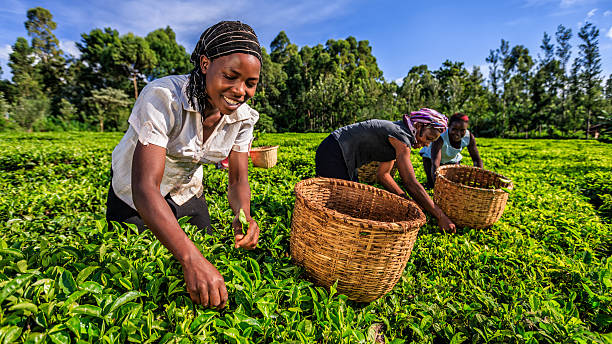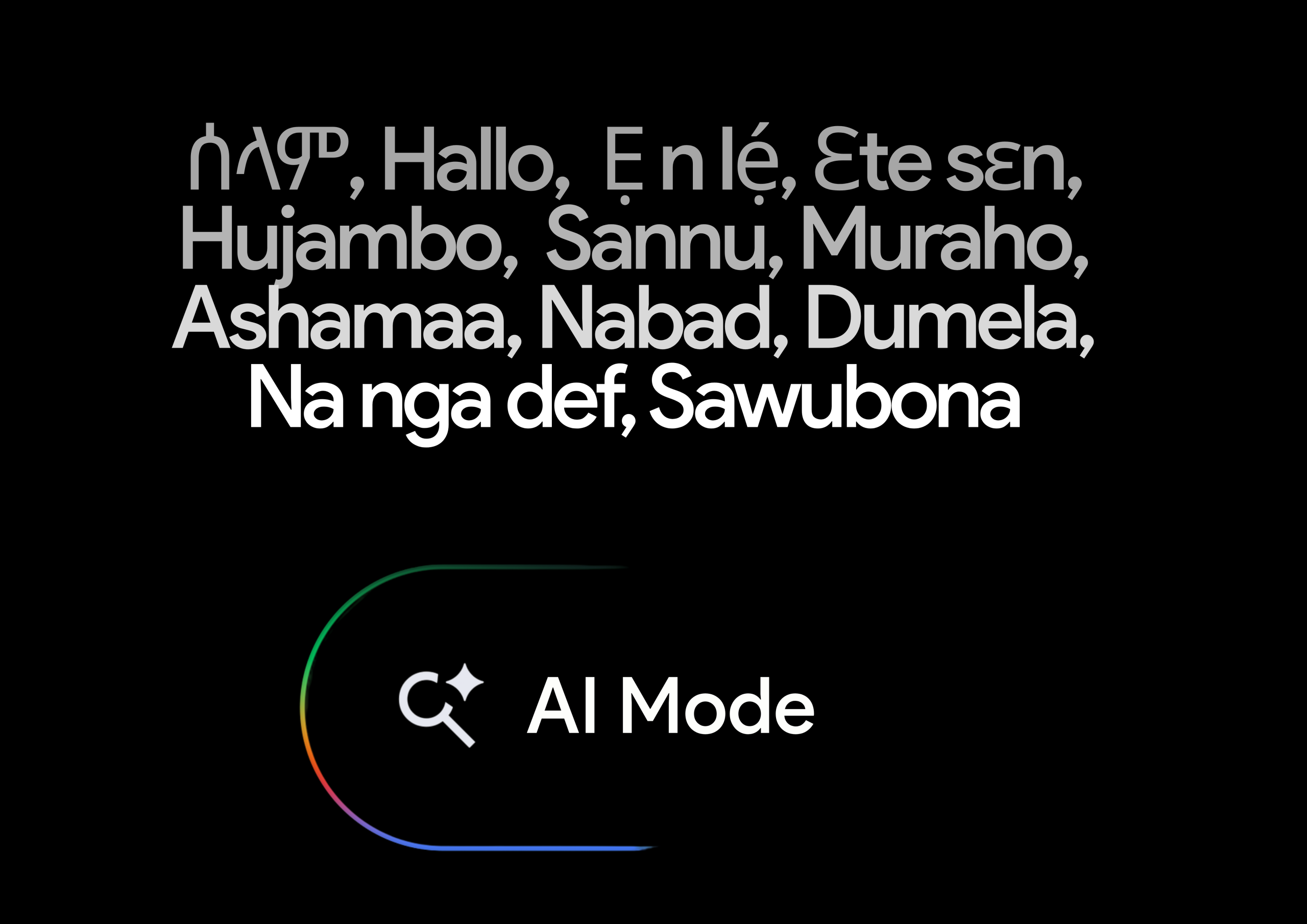A large part of Africa’s social and economic prosperity relies on agriculture. It accounts for 23% of sub-Saharan Africa’s GDP and according to McKinsey, about 60% of Africa’s population are small-scale farmers. Yet, the sector is underdeveloped.
But the quest to explore agriculture through technology in Africa is on the rise, as more startups now offer credible solutions to solve problems. Agritech startups are beginning to attract both local and foreign capital investment.
GIZ, Germany’s international development agency, on behalf of the German Federal Ministry for Economic Cooperation and Development (BMZ), has opened the registration for its annual investment readiness program to support African agritech and foodtech startups entering the scaling stage.
The goal of the program, tagged Scaling Digital Agriculture Innovations through Startups (SAIS), is to scale digital innovations that enable users in the agriculture or food sectors to increase their income, and it’s accepting applications until August 31st, 2021.
SAIS had had two successful cohorts. Last year, it accepted 16 startups across Africa, including Uganda’s Jaguza’s Farm, Ghana’s GrowForMe and Nigeria’s Agromall. This year, it increases the number of intakes; 18 startups will participate in its intensive nine-month Investment Readiness Programme (IRP), fully funded by the BMZ. The IRP will incubate selected startups and provide mentorship in improving their business models, meeting investors and business partners, and achieving greater impact.
A 360-degree readiness pack for startups
This program will touch the whole value chain of the businesses of participating startups. But particular focus areas for startup founding teams will be in areas of pitching, due diligence, operations management, leadership and determining valuations (pre-money).
The program will include weekly virtual advisory and coaching sessions; access to GIZ network and connecting selected startups with GIZ’s partner hubs in their home country in order to increase their visibility within their local ecosystem; meet-up events, depending on the state of COVID-19 through 2022.
At the end of the program, the startups must have ticked all the required boxes of SAIS’s investment readiness criteria. This way, investors would have a stronger conviction that their money is not going to waste.
Most investments into African startups go to fintech, with critical sectors like education and food often lower on investors’ list of priorities. The SAIS program could be one among many necessary solutions bridging this funding gap – for agritech/foodtech at least.




















